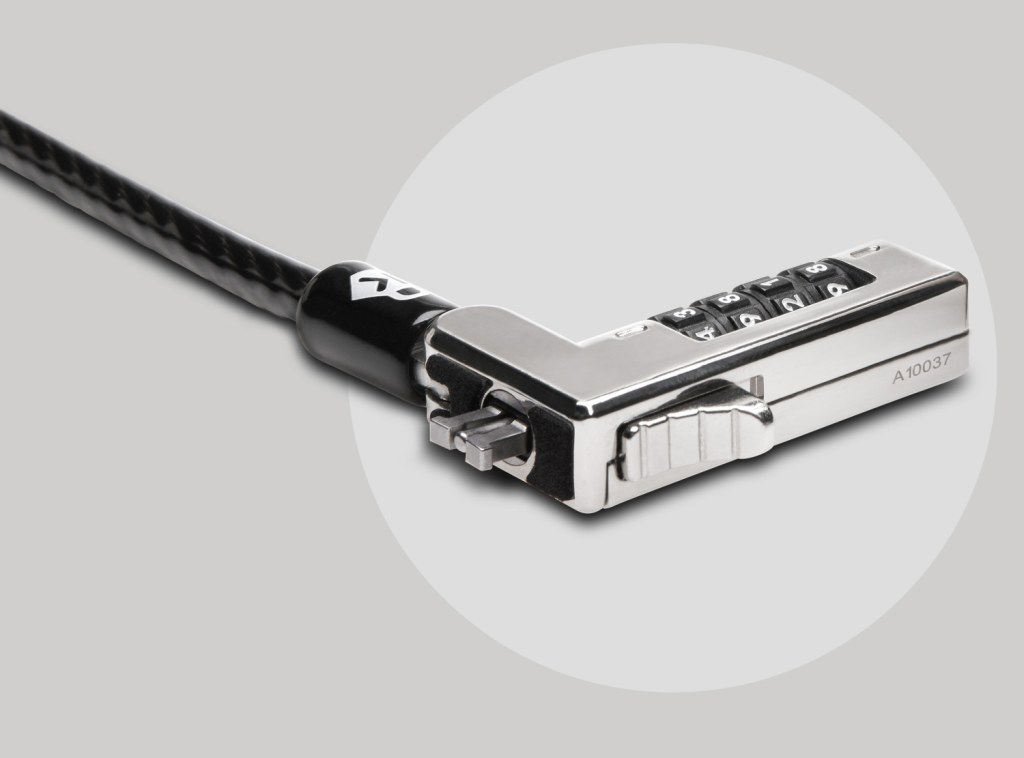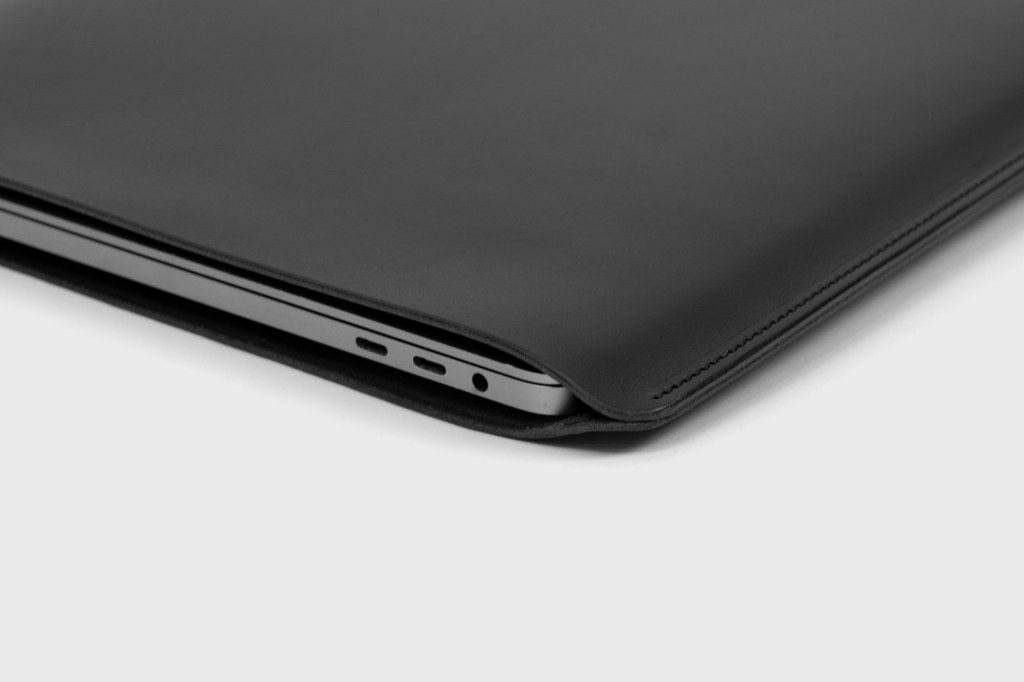The Ultimate Laptop Protection Guide: Your Complete Manual For Securing Your Device!
Laptop Protection Guide: Keep Your Device Safe and Secure
Welcome, readers! In today’s digital age, laptops have become an integral part of our lives. Whether it’s for work, education, or entertainment, we rely heavily on these portable devices. With the increasing importance of laptops, it’s crucial to prioritize their protection and ensure their longevity. In this comprehensive guide, we will explore the best practices and tips to keep your laptop safe and secure. Let’s dive in!
Introduction
Laptops have become an essential tool for individuals, professionals, and students alike. They store valuable personal and professional information, making them attractive targets for theft and cyber-attacks. To protect your investment and safeguard your sensitive data, it’s vital to implement effective laptop protection measures. In this article, we will discuss various aspects of laptop protection, including physical security, data encryption, antivirus software, and more.
3 Picture Gallery: The Ultimate Laptop Protection Guide: Your Complete Manual For Securing Your Device!



What is Laptop Protection?
Ensuring laptop protection involves implementing a range of measures to prevent physical damage, theft, and data breaches. It includes both hardware and software-based security practices aimed at safeguarding your device and the confidential information it holds.

Image Source: kensington.com
Who Needs Laptop Protection?
Anyone who uses a laptop, be it for personal or professional purposes, can benefit from laptop protection. Students, professionals, travelers, and regular users should all be aware of the potential risks and take necessary precautions to protect their laptops.
When Should You Implement Laptop Protection?

Image Source: shopify.com
It’s never too early to start implementing laptop protection. As soon as you acquire a new laptop, it’s essential to set up security measures to ensure its safety from day one. Furthermore, regular maintenance and updates are crucial for ongoing laptop protection.
Where Can Laptop Protection Measures Be Applied?
Laptop protection measures can be applied in various settings, such as homes, offices, schools, and public spaces. Whether you’re working from a coffee shop, traveling with your laptop, or simply using it at home, it’s important to implement security practices regardless of the location.
Why Is Laptop Protection Important?

Image Source: s-nbcnews.com
The importance of laptop protection cannot be overstated. Losing a laptop or having it stolen can result in the loss of valuable data and compromise your privacy. Additionally, malware and cyber-attacks pose significant risks that can be mitigated through proper laptop protection practices.
How Can You Protect Your Laptop?
Protecting your laptop involves a multi-layered approach. It includes physical security measures, such as using laptop locks and keeping your device out of sight when not in use. Additionally, software-based protection measures, such as antivirus software, firewalls, and data encryption, are vital for safeguarding your laptop against cyber threats.
Laptop Protection Measures
Physical Security Measures
Physical security measures are essential to prevent theft and unauthorized access to your laptop. Always keep your laptop in a secure location when not in use, such as a locked drawer or a safe. Additionally, invest in a high-quality laptop lock to secure your device when working in public spaces.
Data Encryption
Data encryption is crucial for protecting your sensitive information. Utilize encryption software to secure your files and folders, making them inaccessible to unauthorized individuals. In the event of theft, encrypted data remains protected, ensuring your privacy and preventing data breaches.
Antivirus Software
Installing reliable antivirus software is vital to safeguard your laptop against malware, viruses, and other cyber threats. Regularly update your antivirus software to ensure it detects and neutralizes the latest threats effectively. Schedule regular scans to keep your laptop clean and secure.
Firewalls
Firewalls act as a barrier between your laptop and the internet, monitoring and controlling incoming and outgoing network traffic. Enable the firewall on your laptop’s operating system and consider using additional firewall software for an added layer of protection.
Regular Updates
Always keep your laptop’s operating system, software, and applications up to date. Regular updates include security patches that address vulnerabilities and protect your laptop from emerging threats. Enable automatic updates whenever possible to ensure you’re always running the latest, most secure versions.
Advantages and Disadvantages of Laptop Protection
Advantages of Laptop Protection
1. Enhanced Security: Laptop protection measures provide peace of mind by safeguarding your device and sensitive data from theft and cyber-attacks.
2. Privacy Protection: Protecting your laptop ensures the confidentiality of your personal and professional information, preventing unauthorized access.
3. Increased Longevity: Proper laptop protection practices, such as regular maintenance and software updates, contribute to the longevity and optimal performance of your device.
4. Mitigates Financial Loss: Losing a laptop can result in significant financial losses. Implementing protection measures minimizes the risk of theft and potential financial repercussions.
5. Protection against Malware: Antivirus software and firewalls protect your laptop from malware, ensuring a safe browsing and computing experience.
Disadvantages of Laptop Protection
1. Cost: Some laptop protection measures, such as antivirus software and hardware locks, may come with a financial cost.
2. Time Investment: Regular updates, backups, and security checks require time and effort to ensure your laptop remains protected.
3. False Positives: Antivirus software may occasionally flag legitimate files or programs as threats, causing inconvenience and potential disruption.
4. User Compliance: Laptop protection measures are only effective if users consistently follow security protocols. Neglecting best practices can undermine the effectiveness of protection measures.
5. Compatibility Issues: In some cases, certain protection measures may not be compatible with specific laptop models or operating systems, limiting their effectiveness.
Frequently Asked Questions (FAQ)
1. Can I use the same password for all my online accounts?
No, it’s crucial to use unique passwords for each online account to minimize the risk of multiple accounts being compromised if one password is breached. Utilize password managers to help generate and manage strong, unique passwords for each account.
2. How often should I back up my laptop’s data?
Regular backups are essential to protect your data in case of laptop theft, hardware failure, or accidental file deletion. It’s recommended to back up your data at least once a week, or more frequently if you frequently create or modify important files.
3. Can I use public Wi-Fi networks without compromising my laptop’s security?
Using public Wi-Fi networks can expose your laptop to various security risks. To mitigate these risks, avoid accessing sensitive information or conducting financial transactions on public networks. Instead, use a virtual private network (VPN) to establish a secure connection and encrypt your data.
4. Is it necessary to remove the laptop battery when not in use?
While it may not be necessary to remove the laptop battery when not in use, it’s recommended to keep the laptop plugged in whenever possible. Regularly discharging and recharging the battery can help maintain its lifespan.
5. How can I recover my data in case of a laptop theft?
Preparing for the worst-case scenario is essential. To ensure data recovery in the event of a laptop theft, regularly back up your data to an external storage device or a cloud-based service. This way, even if your laptop is stolen, you can still access your important files and data from another device.
Conclusion
In conclusion, prioritizing laptop protection is crucial in today’s digital landscape. By implementing a combination of physical security measures, data encryption, antivirus software, and regular updates, you can ensure the safety and longevity of your laptop. Remember to use strong, unique passwords, avoid risky online behavior, and stay vigilant against potential threats. Protecting your laptop not only safeguards your investment but also preserves your privacy and prevents data breaches. Take action today, and keep your laptop safe and secure!
Disclaimer: The information provided in this article is for educational purposes only. The author and the website cannot be held responsible for any misuse of the information or any damages caused by implementing the suggested laptop protection measures.
This post topic: Gadgets


